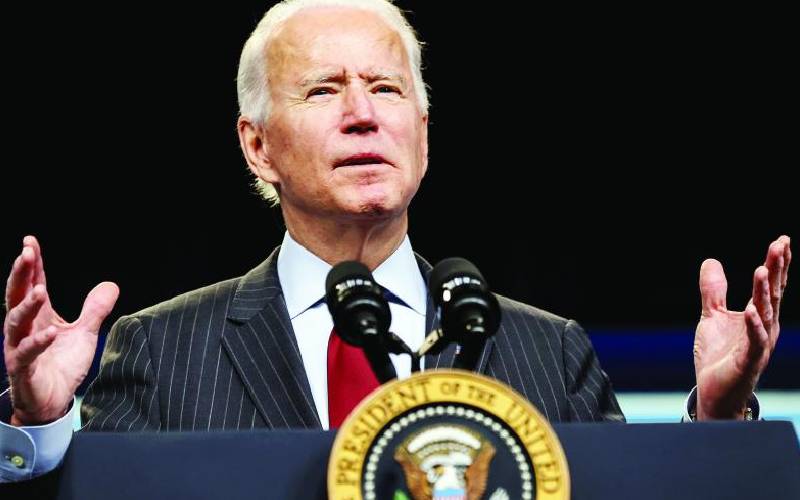×
The Standard e-Paper
Home To Bold Columnists

U.S. President Joe Biden.
U.S. President Joe Biden raised concerns about airstrikes in the conflict in northern Ethiopia and about human rights issues during a call with Ethiopian Prime Minister Abiy Ahmed on Monday, the White House said.